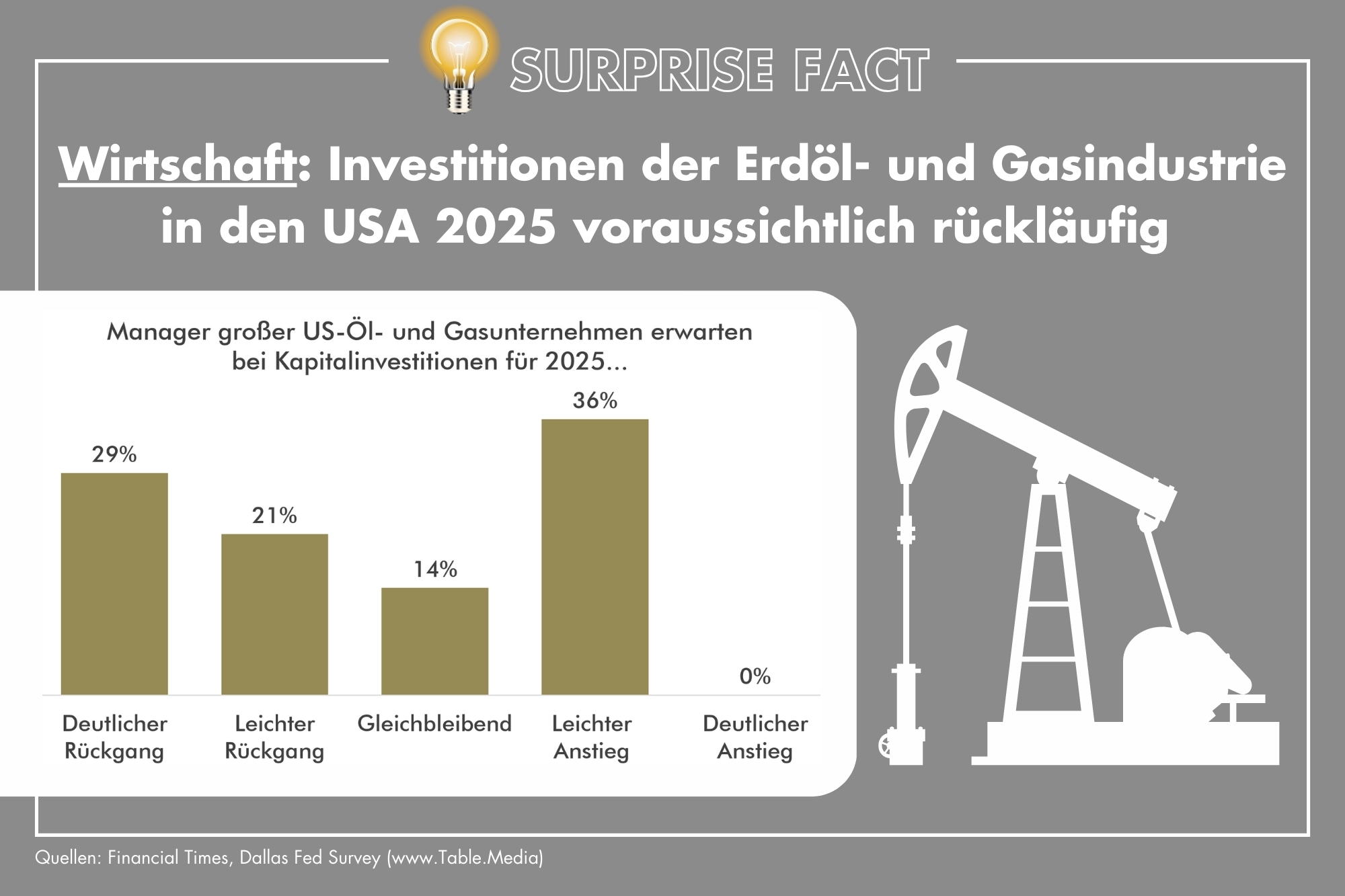The media sector is in the midst of enormous upheavals — and it sleeps through it, warns the former editor-in-chief of the German Bild newspaper. The interview edited by Alan Webber.
The media have been disrupted. The way journalists used to do their business doesn‘t work anymore. It was the greatest business model in the world: You collect the news from the day, you print it on paper and you distribute it the next day. The sun comes up and people read what happened the day before.
”The current media situation is probably much more out of control than in the good old days.“
Now with digitalization everything has changed. Digitalization is actually dematerialization. It turns a physical product, like a newspaper, into bits and bytes. We have to recognize that we cannot distribute our content as we used to and people are not consuming our content as they used to. We see this with the election of Donald Trump. He uses traditional media as an enemy and new media like Twitter to emotionalize his people.
There is a famous saying that every new medium has its master: Roosevelt with radio, Kennedy with TV and Trump with Twitter. Traditional media don‘t control the conversations as they did in former times. We have basically somehow lost our business model. Today, most journalistic brands reach a bigger audience than ever before. In Germany for example, the brand Bild reaches around 10 million people with its newspaper each day. But young people would never read Bild printed on paper. We reach them on Twitter, SnapChat or Facebook. But we can hardly make money on these platforms.
”On the way to the kiosk the newspaper loses its value.”
This is the biggest crisis for journalism: How are we going to finance journalism, which is important to organize communication within societies? It’s crazy because we didn’t see it coming. The job of journalism is curiosity. It’s about looking and anticipating the news even before they happen. And we didn’t see it coming. Journalists were telling everybody else they had to change. But the people most resistant to change through technology are journalists.
We have to convince journalists that change is not only a threat but also a chance. In digital space there are no limitations. You can tell stories 24 hours a day. You can tell stories with sound and video. So it is a great chance for journalism.
The media situation now is much more out of control than in the good old days. In the old days, journalists were the gatekeepers. There is a famous quote: “Press freedom is the freedom of 200 rich people to publish their opinion.” Now with digitalization everybody can be a publisher. With Facebook, you can even have your own TV station. In former times there were checks and balances inside the media system. Now we have global companies – Facebook, SnapChat, Twitter, Apple, Amazon – that control on a global basis how content is distributed and who gets recognition for it.
„We can complain about reality but we have to cope with it.“
We live in a world that is controlled by algorithms. The problem with algorithms is they create a content world that is extremely different from the analog world. In the analog world we curate topics according to their relevance. There were moments at the newspaper Bild where we were convinced that a topic was so important it had to be a headline even when we knew it would sell fewer newspapers. The algorithm avoids this because, if a social platform offers the user something that he doesn’t like, he’ll leave immediately. That’s what makes algorithms so dangerous: They destroy something that is important for discourse in our society.
VITA
As former publisher and editor-in-chief of the German newspaper Bild, Kai Diekmann is one of the most experienced journalists in the German-speaking world.
After graduating and completing his military service, he began a two-year internship at Axel Springer, one of the largest publishing houses in Europe. In 1987, Kai Diekmann became a parliamentary correspondent for Bild and Bild am Sonntag and in 1989, he served as chief reporter for the magazine Bunte.
Two years later, Kai Diekmann became the B.Z.’s deputy editor-in-chief. Soon after, he was appointed deputy editor-in-chief and head of the politics department at Bild for five years.The well-known journalist continued his career in 1998 as editor-in-chief of Welt am Sonntag before he was appointed editor-in-chief and publisher of Bild and Bild am Sonntag in 2001.
During his 10-month stay in Silicon Valley in 2012/2013, Kai Diekmann dealt extensively with digital disruption and looked for new ideas for digital growth.
Since April 2017, he is member of the political advisory board of the US-American transportation network company Uber.





